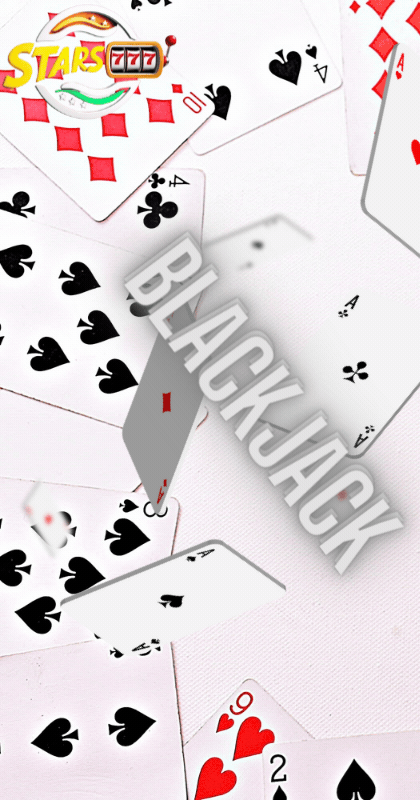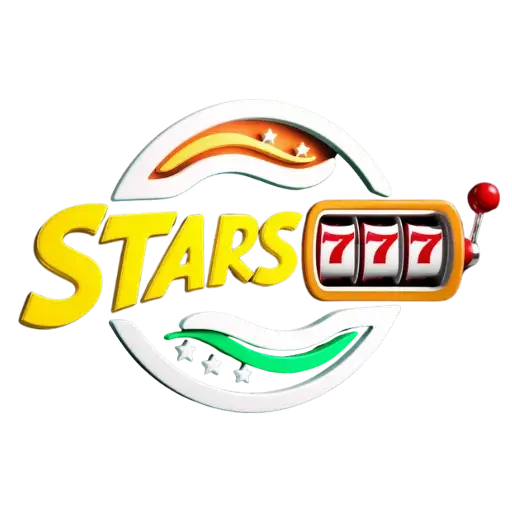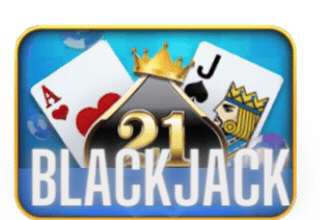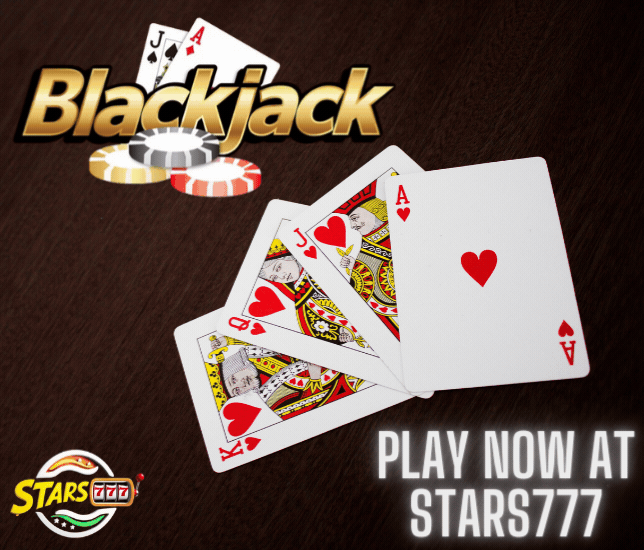Blackjack Game
Blackjack, also known as 21, is one of the most popular card games in casinos worldwide. Its blend of strategy, skill, and luck makes it a favorite for both casual players and seasoned gamblers. This comprehensive guide explores the rules, gameplay, strategies, and tips for mastering Blackjack, optimized for readers seeking clear, engaging, and authoritative content.
What Is Blackjack? Understanding the Basics
Blackjack is a card game where players compete against the dealer, not each other. The goal is simple: achieve a hand value as close to 21 as possible without going over (busting). Played with one or more standard 52-card decks, Blackjack combines quick decision-making with strategic thinking, making it accessible yet challenging.
Why Blackjack Is So Popular
Simple Rules: Easy to learn, even for beginners.
Strategic Depth: Offers opportunities for skillful play.
Fast-Paced: Rounds are quick, keeping players engaged.
Low House Edge: With proper strategy, the house edge can be as low as 0.5%.
This guide will break down everything you need to know about Blackjack, from its rules to advanced strategies, ensuring you’re ready to hit the tables with confidence.
How to Play Blackjack: Step-by-Step Rules
Understanding how to play Blackjack is the first step to enjoying this exciting game. Below is a clear breakdown of the rules and gameplay mechanics.
Objective of Blackjack
The primary goal is to beat the dealer by:
Having a hand value closer to 21 than the dealer’s without exceeding 21.
Letting the dealer bust (go over 21) while your hand remains valid.
Achieving a “Blackjack” (an Ace and a 10-value card) for an automatic win, unless the dealer also has Blackjack.
Card Values in Blackjack
Number Cards (2-10): Worth their face value (e.g., a 7 is worth 7 points).
Face Cards (Jack, Queen, King): Worth 10 points each.
Ace: Worth either 1 or 11 points, depending on which value benefits the hand most.
Gameplay Flow
Placing Bets: Players place their bets before cards are dealt.
Dealing Cards: Each player and the dealer receive two cards. Players’ cards are usually dealt face-up, while the dealer has one card face-up (the “upcard”) and one face-down (the “hole card”).
Player Decisions: Players decide how to play their hand based on their cards and the dealer’s upcard. Options include:
Hit: Take another card.
Stand: Keep your current hand and end your turn.
Double Down: Double your bet, take one more card, then stand.
Split: If you have two cards of the same value, split them into two separate hands, each with its own bet.
Surrender (if offered): Forfeit half your bet to exit the round.
Dealer’s Turn: The dealer reveals their hole card and plays according to fixed rules (usually hitting on 16 or less and standing on 17 or more).
Outcome: The dealer compares their hand to each player’s. Winners are paid based on their bets (typically 1:1, with Blackjack paying 3:2).
Winning and Losing in Blackjack
Win: Your hand is closer to 21 than the dealer’s, or the dealer busts.
Push: Your hand ties with the dealer’s (same value, neither busts).
Loss: Your hand exceeds 21 (bust) or is lower than the dealer’s valid hand.
Blackjack: An Ace and a 10-value card on the initial deal, paying 3:2 unless the dealer also has Blackjack (resulting in a push).
Blackjack Terminology for Beginners
To fully grasp Blackjack, familiarize yourself with these key terms:
Bust: A hand exceeding 21, resulting in an automatic loss.
Soft Hand: A hand with an Ace counted as 11 (e.g., Ace + 6 = soft 17).
Hard Hand: A hand without an Ace or where the Ace counts as 1 (e.g., 10 + 7 = hard 17).
Upcard: The dealer’s face-up card.
Hole Card: The dealer’s face-down card.
Basic Blackjack Strategy: How to Play Smart

Blackjack’s appeal lies in its strategic depth. While luck plays a role, using a basic strategy can significantly reduce the house edge. Below is a simplified guide to making optimal decisions.
Basic Strategy Chart
A basic strategy chart tells you the best action (hit, stand, double down, split, or surrender) based on your hand and the dealer’s upcard. Here’s a simplified version:
Player’s Hand: Hard Totals
8 or less: Always hit.
9: Double down if the dealer’s upcard is 3-6; otherwise, hit.
10-11: Double down if the dealer’s upcard is 2-9; otherwise, hit.
12-16: Stand if the dealer’s upcard is 2-6; hit if 7-Ace.
17 or higher: Always stand.
Player’s Hand: Soft Totals
Soft 13-15: Hit, except double down on soft 15 if the dealer’s upcard is 4-6.
Soft 16-18: Double down if the dealer’s upcard is 2-6; otherwise, hit or stand.
Soft 19 or higher: Always stand.
Pairs
Aces or 8s: Always split.
2s, 3s, 7s: Split if the dealer’s upcard is 2-7.
9s: Split unless the dealer’s upcard is 7, 10, or Ace.
Never split 4s, 5s, or 10s.
Why Use Basic Strategy?
Following a basic strategy minimizes the house edge to around 0.5%, making Blackjack one of the most player-friendly casino games. Memorizing or referencing a strategy chart ensures consistent, mathematically optimal decisions.
Advanced Blackjack Strategies for Experienced Players
Once you’ve mastered the basics, advanced strategies can further improve your odds. These techniques require practice and discipline but can elevate your game.
Card Counting: Is It Worth It?
Card counting involves tracking the ratio of high cards (10s, face cards, Aces) to low cards (2-6) remaining in the deck. A deck rich in high cards favors the player, as it increases the chance of hitting Blackjack or strong hands.
How It Works: Assign values to cards (e.g., +1 for 2-6, 0 for 7-9, -1 for 10-Ace) and keep a running count. Adjust your bets based on the count.
Legality: Card counting is legal but frowned upon by casinos. Players caught counting may be banned.
Challenges: Requires intense focus, quick math, and practice to avoid detection.
Shuffle Tracking and Hole Carding
Shuffle Tracking: Observing patterns in the dealer’s shuffle to predict where high or low cards may appear.
Hole Carding: Spotting the dealer’s hole card due to sloppy dealing, giving you an edge.
Both techniques are advanced and require significant skill, but they’re less common in modern casinos due to automated shufflers and stricter dealer protocols.
Common Blackjack Variations
Blackjack has several variations, each with unique rules that affect strategy and odds. Here are some popular ones:
European Blackjack
The dealer receives only one card face-up initially.
No hole card, reducing the chance of dealer Blackjack checks.
Slightly higher house edge than standard Blackjack.
Spanish 21
Played with a 48-card deck (no 10s, only face cards).
Offers bonus payouts for specific hands (e.g., 5-card 21).
Player-friendly rules like late surrender and doubling on any number of cards.
Double Exposure Blackjack
Both dealer cards are dealt face-up.
Blackjack pays 1:1 instead of 3:2, and ties often favor the dealer.
Strategy adjusts due to full visibility of the dealer’s hand.
Progressive Blackjack
Includes a side bet for a progressive jackpot.
Jackpot payouts depend on specific card combinations (e.g., four Aces of the same suit).
Higher house edge due to the side bet.
Tips for Playing Blackjack Like a Pro
Whether you’re playing at a casino or online, these tips will help you maximize your enjoyment and success:
Learn Basic Strategy: Memorize or carry a strategy chart to make optimal decisions.
Manage Your Bankroll: Set a budget and stick to it. Avoid chasing losses.
Avoid Insurance Bets: Insurance (betting on the dealer having Blackjack) generally has a high house edge.
Choose the Right Table: Look for tables with favorable rules, like 3:2 Blackjack payouts and dealer standing on soft 17.
Practice Online: Many websites offer free Blackjack games to hone your skills.
Stay Disciplined: Avoid impulsive decisions or deviating from strategy based on hunches.
Online Blackjack: What You Need to Know
Online Blackjack has surged in popularity due to its convenience and variety. Here’s how it differs from traditional Blackjack:

Advantages of Online Blackjack
Accessibility: Play anytime, anywhere, on desktop or mobile.
Variety: Access multiple Blackjack variants, including live dealer games.
Bonuses: Online casinos often offer welcome bonuses or free bets.
Practice Mode: Many platforms provide free games to practice without risking money.
Things to Watch Out For
RNG vs. Live Dealer: Random Number Generator (RNG) games rely on software, while live dealer games stream real dealers for authenticity.
House Edge Variations: Check the rules, as some online games may have less favorable payouts.
Licensing: Choose reputable, licensed casinos to ensure fair play.
Blackjack Etiquette: Do’s and Don’ts
Proper etiquette enhances the gaming experience, especially at physical casinos:
Do:
Signal your decisions clearly (e.g., tap for hit, wave for stand).
Keep your hands away from chips after betting.
Tip the dealer if you’re winning and local customs encourage it.
Don’t:
Touch your cards in a hand-dealt game.
Blame other players for your losses (it’s a game against the dealer).
Use your phone at the table, as it may be mistaken for cheating.
Do:
Signal your decisions clearly (e.g., tap for hit, wave for stand).
Keep your hands away from chips after betting.
Tip the dealer if you’re winning and local customs encourage it.
Don’t:
Touch your cards in a hand-dealt game.
Blame other players for your losses (it’s a game against the dealer).
Use your phone at the table, as it may be mistaken for cheating.
Blackjack Myths Debunked
Let’s clear up some common misconceptions:
Myth: You need to reach 21 to win.
Truth: You only need to beat the dealer, even with a lower total like 15.
Myth: Card counting is illegal.
Truth: It’s legal but can lead to a casino ban.
Myth: The dealer always has a 10 in the hole.
Truth: The dealer’s hole card is random, and assuming a 10 skews your strategy.
How to Get Started with Blackjack
Ready to play? Follow these steps:
Learn the Rules: Use this guide to understand gameplay and strategy.
Practice for Free: Try online demo games to build confidence.
Choose a Platform: Select a reputable casino (online or physical) with favorable rules.
Set a Budget: Decide how much you’re willing to spend and stick to it.
Start Small: Begin with low-stakes tables to gain experience.
Blackjack and Responsible Gambling
Gambling should be fun, not stressful. Here are some responsible gambling tips:
Set time and money limits before playing.
Never gamble with money you can’t afford to lose.
Take breaks to avoid fatigue-driven decisions.
Seek help if gambling feels out of control (e.g., through organizations like Gamblers Anonymous).
Conclusion: Why Blackjack Is a Timeless Classic
Blackjack’s blend of simplicity, strategy, and excitement makes it a staple in casinos and online platforms. Whether you’re a beginner learning the ropes or an experienced player refining your skills, this game offers endless opportunities for fun and challenge. By mastering basic strategy, understanding variations, and playing responsibly, you can enjoy Blackjack while keeping the odds in your favor.
Start practicing today, and you’ll soon be ready to take on the dealer with confidence!
- Stars777 – Download and Install the app to play casino games with free starting bonuses and get the chance become billionaire someday!
- Stars777 Privacy Policy — Understand how Stars777 collects, uses, and protects your personal information when you use their platform.
- Stars777 Terms of Service and Guidelines — Learn about the rules and conditions you agree to when accessing and using Stars777’s online casino services.
So, are you ready to take on the dealer and aim for 21? Join Stars777 today and let the game begin!
FAQs
Q1: Can I play black jack online for free?
Yes, many online casinos offer free versions of black jack for practice.
Q2: Is online black jack rigged?
Random Number Generators (RNGs) are used by reputable online casinos to guarantee fair play.
Q3: What is the best strategy for black jack?
Basic strategy is the most reliable approach, based on mathematical probabilities.
Q4: Can I count cards in online black jack?
Card counting is difficult online due to frequent shuffling, especially with RNG-based games.
Q5: What is live dealer black jack?
Live dealer black jack features real dealers in a live-streamed setting, offering an authentic casino experience.





